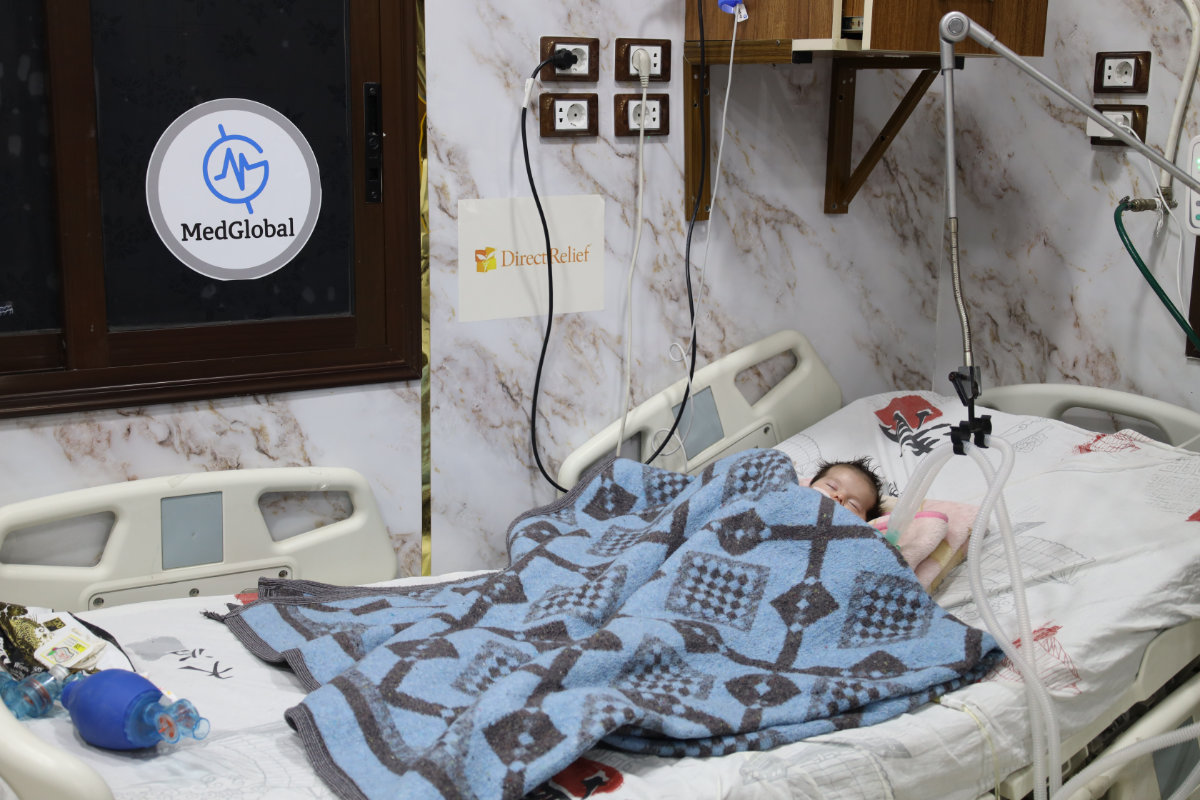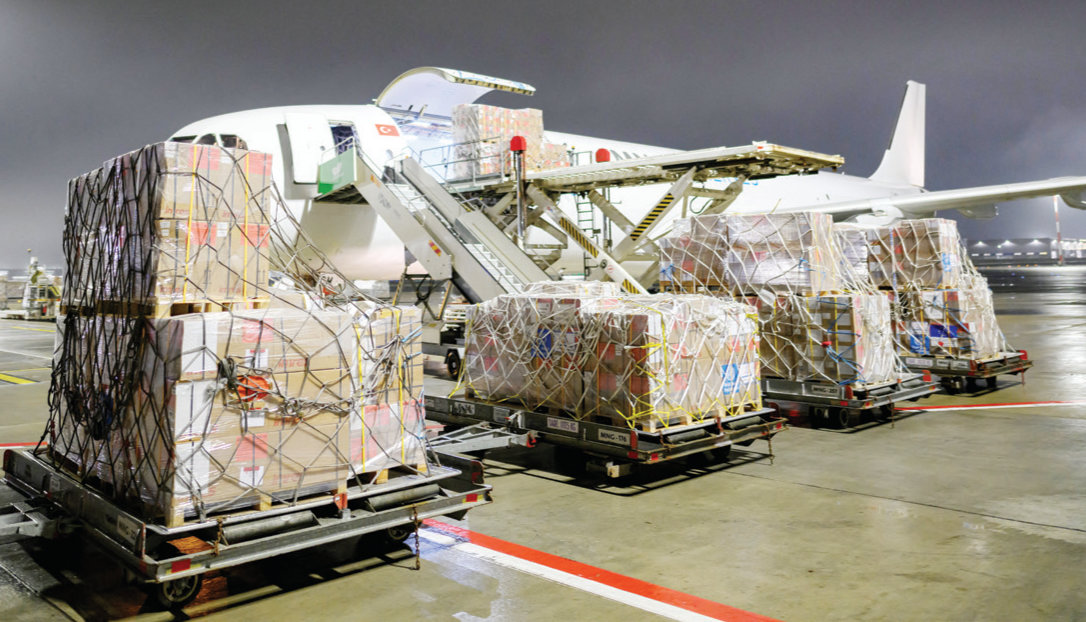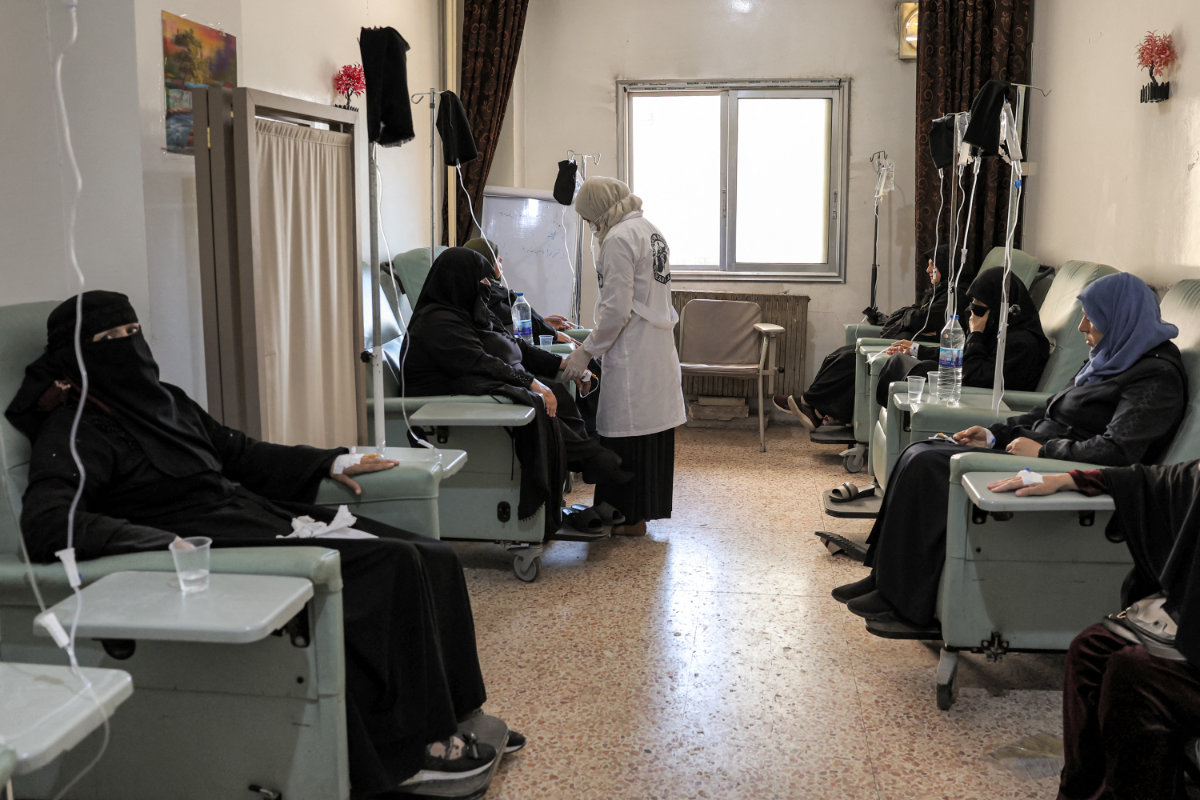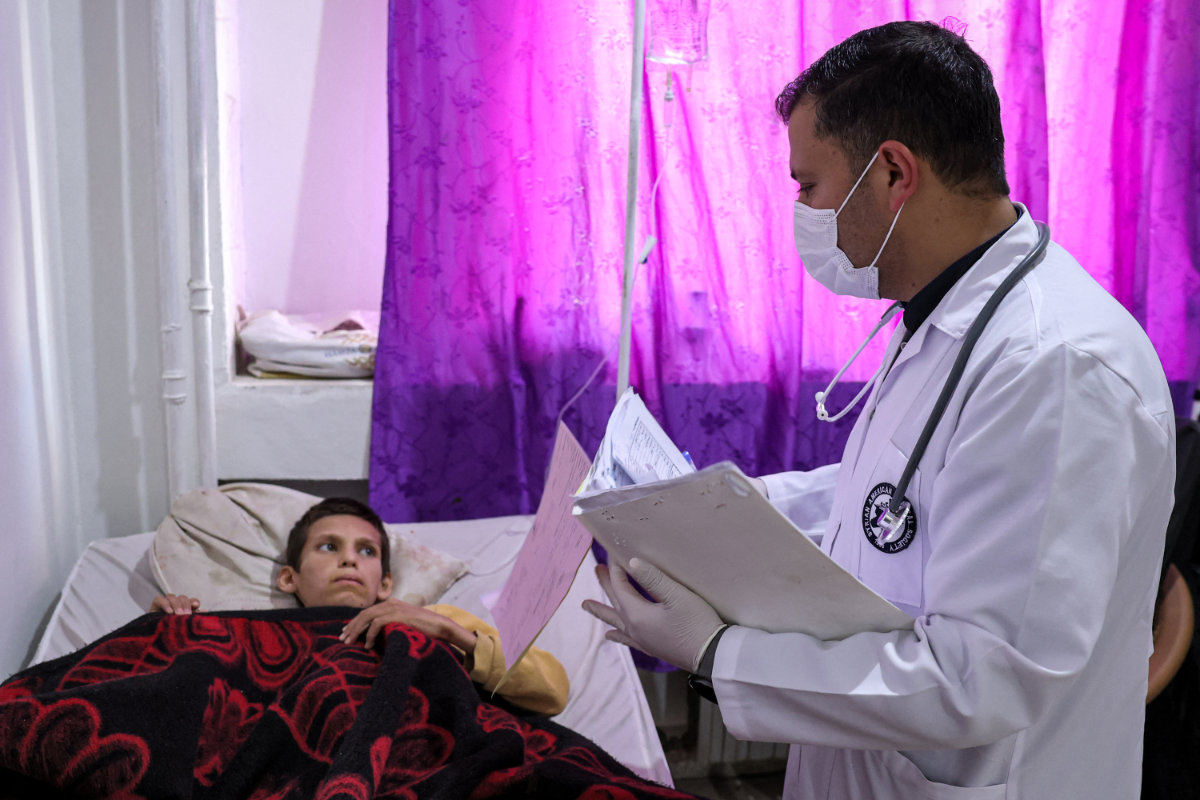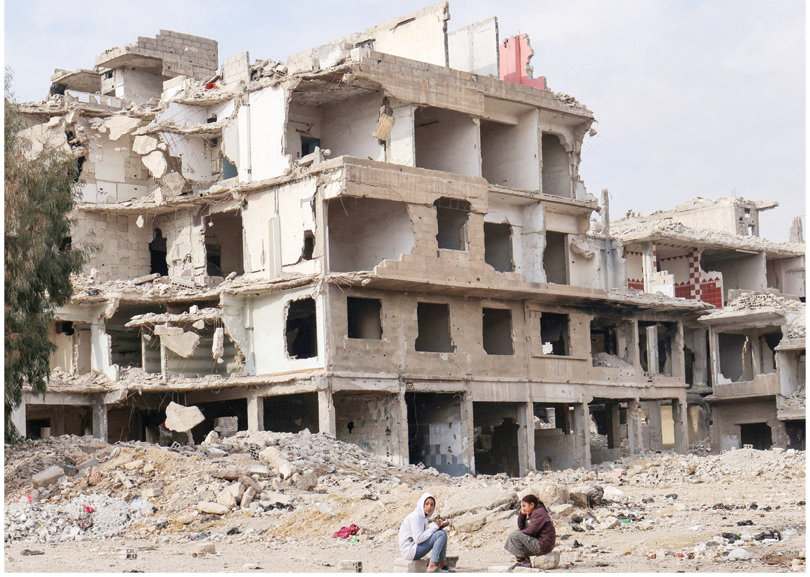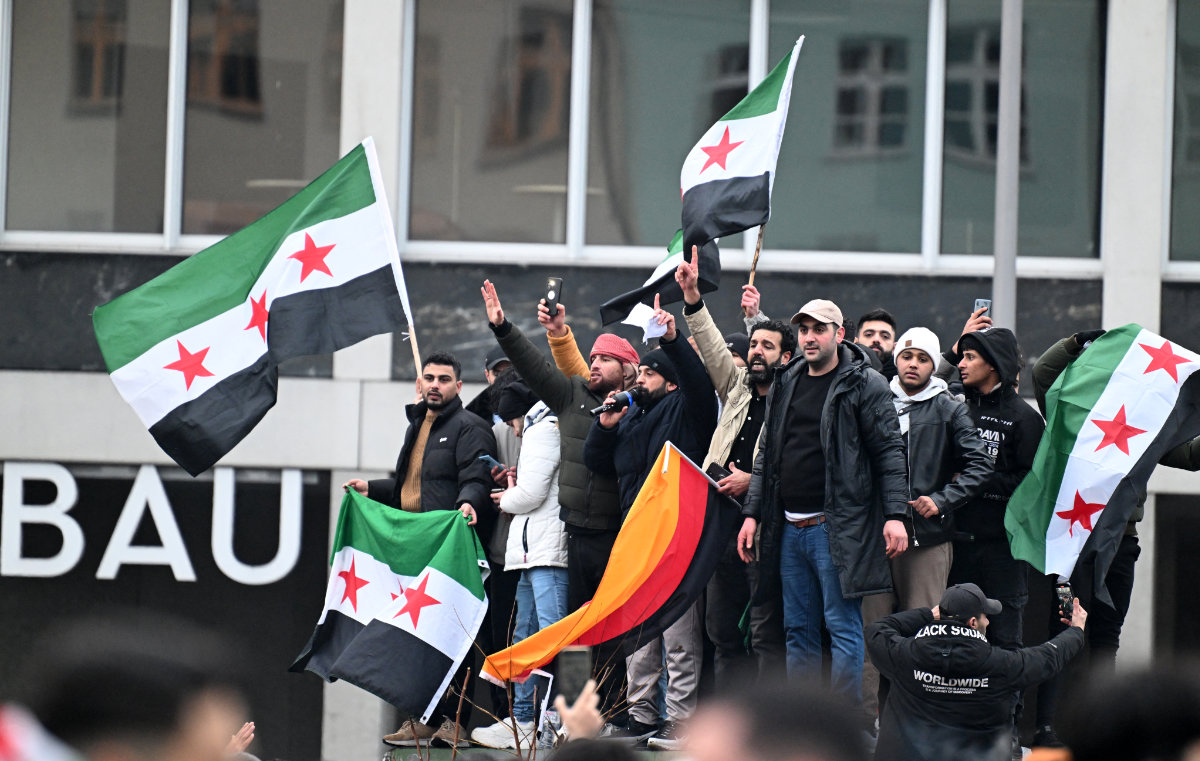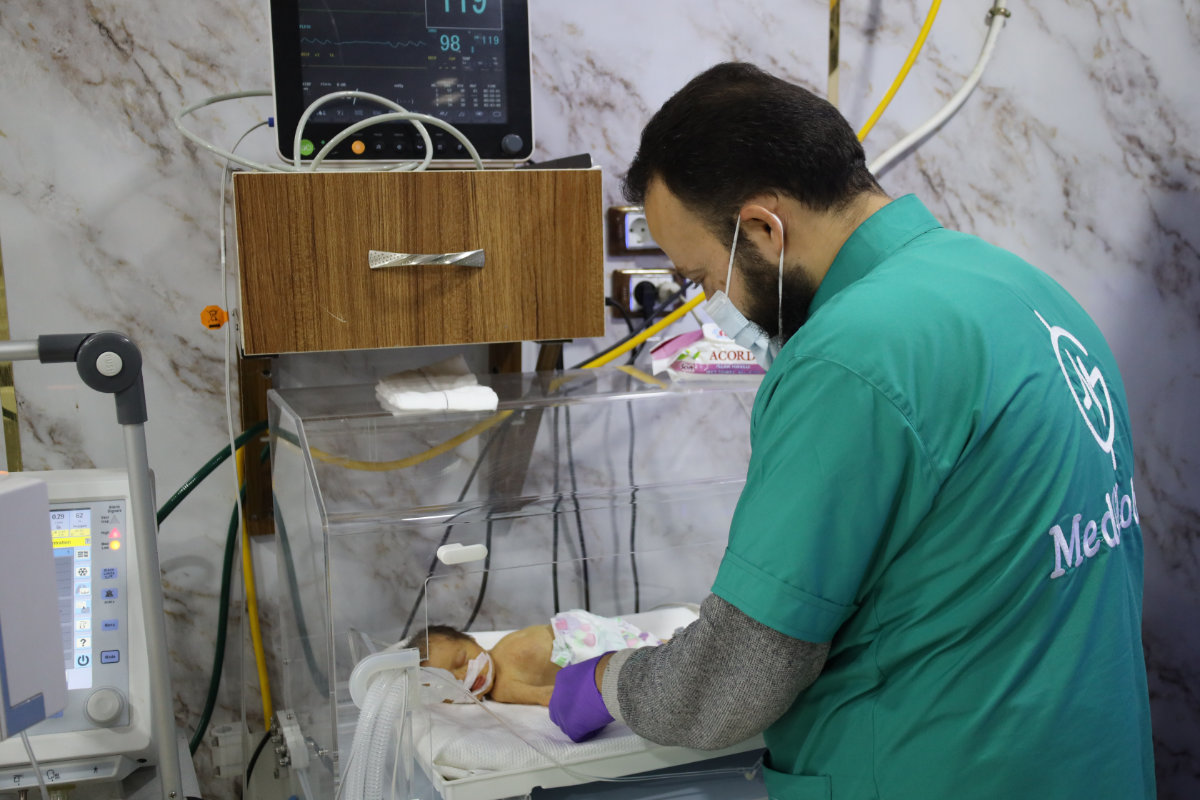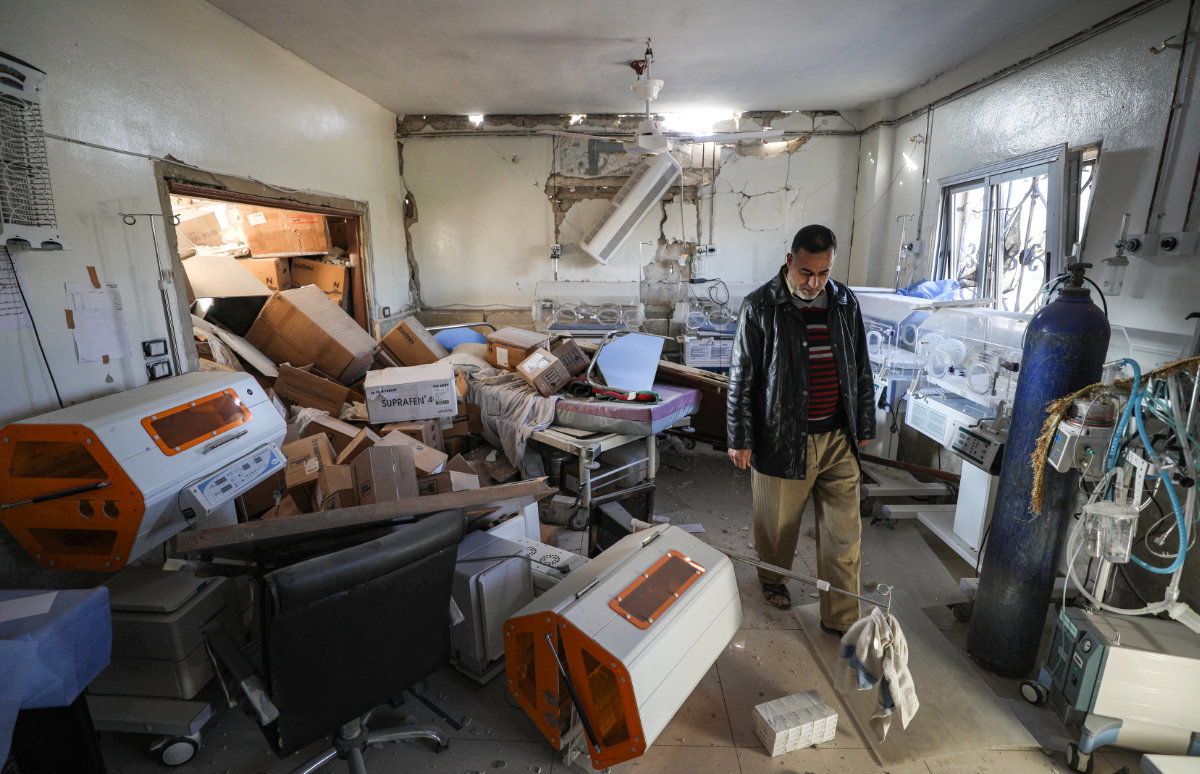AMMAN/BEIRUT: In a sign Israel may expand its ground operations against Hezbollah while bolstering its own defenses, its troops have cleared land mines and established new barriers on the frontier between the Israeli-occupied Golan Heights and a demilitarised strip bordering Syria, security sources and analysts said.
The move suggests Israel may seek to strike Hezbollah for the first time from further east along Lebanon’s border, at the same time creating a secure area from which it can freely reconnoitre the armed group and prevent infiltration, the sources said.
While demining activity has been reported, sources who spoke to Reuters — including a Syrian soldier stationed in south Syria, a Lebanese security official and a UN peacekeeping official — revealed additional unreported details that showed Israel was moving the fence separating the DMZ toward the Syrian side and digging more fortifications in the area. Military action involving raids from the Israeli-occupied Golan and possibly from the demilitarised zone that separates it from Syrian territory could widen the conflict pitting Israel against Hezbollah and its ally Hamas that has already drawn in Iran and risks sucking in the US
Israel has been trading fire with Tehran-backed Hezbollah since the group began launching missiles across Lebanon’s border in support of Hamas after its deadly attack on southern Israel triggered Israel’s military campaign on Gaza.
Now, in addition to Israeli aerial strikes that have caused Hezbollah significant damage in the past month, the group is under Israeli ground assault from the south and faces Israeli naval shelling from the Mediterranean to the west. By extending its front in the east, Israel could tighten its squeeze on Hezbollah’s arms supply routes, some of which cut across Syria, Lebanon’s eastern neighbor and an ally of Iran.
Navvar Saban, a conflict analyst at the Istanbul-based Harmoon Center, said the operations in the Golan, a hilly, 1,200 square km (460 square mile) plateau that also overlooks Lebanon and borders Jordan, appeared to be an attempt to “prepare the groundwork” for a broader offensive in Lebanon.
“Everything happening in Syria is to serve Israel’s strategy in Lebanon — hitting supply routes, hitting warehouses, hitting people linked to the supply lines to Hezbollah,” he said.
Israel’s mine removal and engineering works have accelerated in recent weeks, according to a Syrian intelligence officer, a Syrian soldier positioned in southern Syria, and three senior Lebanese security sources who spoke to Reuters for this story.
FORTIFICATIONS
The sources said the demining had intensified as Israel began ground incursions on Oct. 1 to fight Hezbollah along the mountainous terrain separating northern Israel from southern Lebanon around 20 km (12 miles) to the west.
In the same period, Israel has ramped up strikes on Syria, including its capital and the border with Lebanon, and Russian military units — stationed in Syria’s south in support of Syrian troops there — have withdrawn from at least one observation post overlooking the demilitarised area, the two Syrian sources and one of the Lebanese sources said.
All of the sources spoke on condition of anonymity to discuss their monitoring of Israel’s military operations in the Golan, most of which was seized by Israel from Syria in 1967.
The Syrian soldier stationed in the south said Israel was pushing the fence separating the occupied Golan and the demilitarised zone (DMZ) further out and erecting their own fortifications near Syria “so there would not be any infiltration in the event this front flares up.”
The soldier said Israel appeared to be creating “a buffer zone” in the DMZ. A second senior Lebanese security source told Reuters that Israeli troops had dug a new trench near the DMZ in October.
One senior Lebanese security source said the demining operations could allow Israeli troops to “encircle” Hezbollah from the east.
The DMZ has been home for the last five decades to the UN Disengagement Observer Force (UNDOF), mandated to oversee disengagement of Israeli and Syrian forces after a 1973 war.
A UN peacekeeping official in New York said that UNDOF had “recently observed some construction activity being carried out by Israeli military forces in the vicinity of the area of separation,” but did not have further details.
RUSSIA LEAVES OVERLOOK POINT
Asked about the demining, the Israeli military said it “does not comment on operational plans” and it “is currently fighting against the terrorist organization Hezbollah in order to allow for the safe return of northern residents to their homes.”
UNDOF, Russia, and Syria did not respond to requests for comment by Reuters.
A report to the UN Security Council on the activities of UNDOF, dated Sept. 24 and seen by Reuters on Oct. 4, cited violations on both sides of the demilitarized zone.
Russian troops, meanwhile, have left the Tal Hara outpost, the highest point in Syria’s southern Daraa governorate and a strategic overlook point, according to the two Syrian sources and one of the Lebanese sources.
The Russians had left because of understandings with the Israelis to prevent a clash, a Syrian military officer said. Syrian authorities, whose country is part of Iran’s ‘Axis of Resistance’, have sought to remain out of the fray since regional tensions soared after Hamas’s Oct. 7 assault last year. Reuters reported in January that Assad had been discouraged from taking any action in support of Hamas after he received threats from Israel. Hezbollah too had “steered away” from building up any forces in the Syrian-held Golan.
Syria’s army has not made additional deployments, the Syrian military intelligence officer told Reuters.














